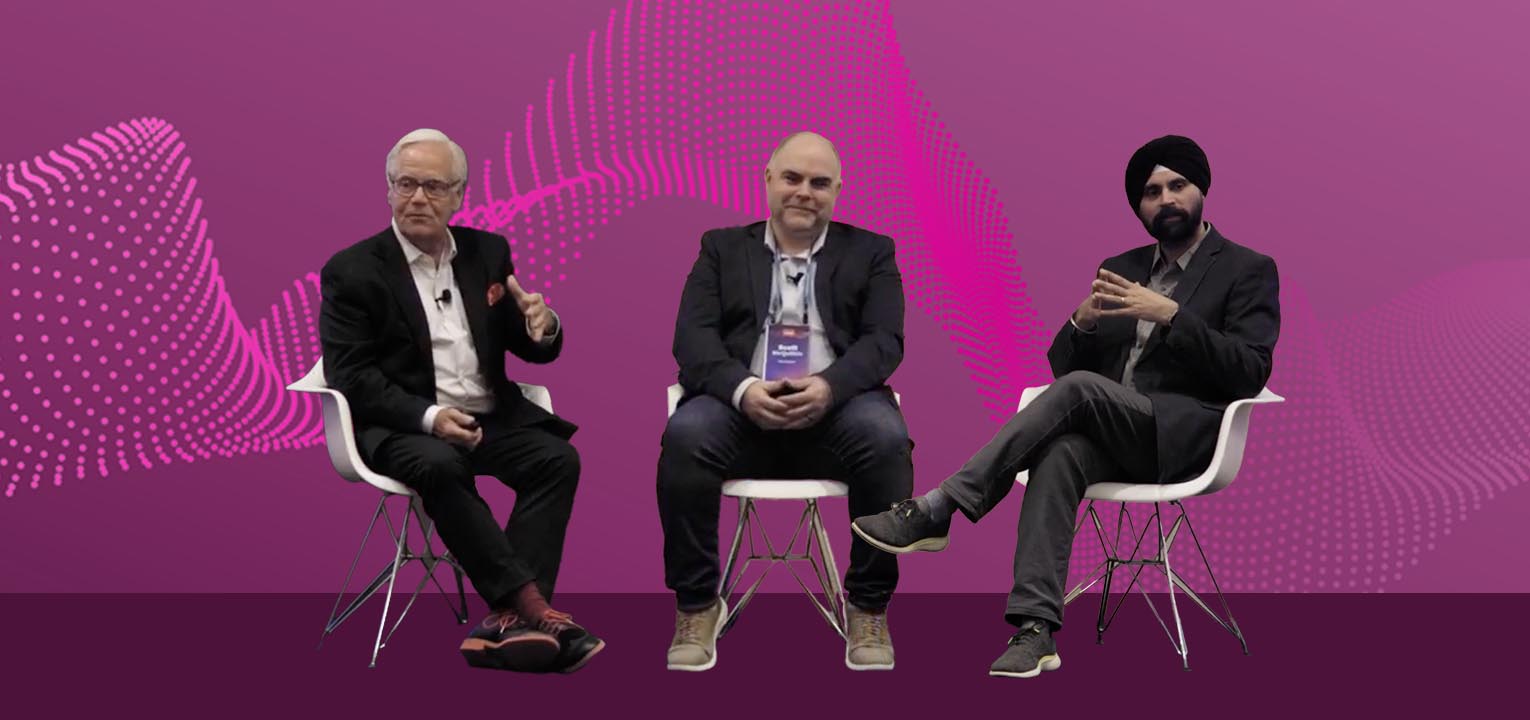July 28, 2022
Banks Helping Customers on Sustainability Will Outperform Competitors

As the world increasingly focuses on climate change and sustainability, banks are beginning to change their practices to reflect this new reality better.
According to ConeCon, 92% of customers are more likely to trust a company that supports action on social and environmental issues. However, green banking isn’t just about brand image; customers now demand that banks and financial institutions take a leadership role in sustainability.
Helping banking customers take action to reduce their carbon footprint is a golden opportunity for banks to sell customers relevant financial products and increase Customer Lifetime Value.
What’s more, the financial services sector has a unique ability to engage with sustainability-minded customers through the vast amounts of financial transactional data it holds on customers’ spending habits. This can be harnessed to reduce customers’ carbon footprints and show them products that match their spending behaviours, e.g., divesting an investment portfolio from fossil fuel projects, offering a ‘green bond,’ or helping them budget for a particular purchase.
Let’s take a closer look at which organisations are doing this well and how your institution can tap into this soaring demand for green banking.
Who’s doing sustainability well?
Many banks are making changes to their business operations to reduce their carbon emissions and are making significant future commitments to help achieve the transition to a net-zero economy. Along with these internal policies, some financial institutions have made helping their customers take immediate action a significant selling point alongside driving positive change.
For example, digital pension provider PensionBee recently launched a fossil fuel-free pension which excludes all companies with oil, gas, or coal reserves. Lunar, the Nordic challenger bank, has teamed up with non-profit organisation Seabin so that every time a customer uses their card, Seabin removes a piece of plastic from the ocean. Meanwhile, US neobank Aspiration offers 10% cash back on debit card purchases at socially responsible businesses.
Traditional banks have also responded to the challenge. Santander rolled out sustainable payment cards made from recycled material last year, and their goal is to have all debit and credit cards be made with recyclable materials by 2025.
These are encouraging steps, but financial institutions have the capabilities to go far beyond this by showing customers the carbon impact of their spending habits and empowering them to make better choices.
What can your institution offer?
The financial sector’s unrivalled access to treasure troves of customer financial data means it’s uniquely positioned to tap into this customer demand.
By harnessing this alongside publicly available carbon emissions data and AI models, banks can show their customers the carbon impact of every local customer transaction. In the US, Bank of the West offers its 1% for the Planet checking account, which provides carbon footprint tracking for debit card purchases and other climate-friendly features, as well as a 1% donation of the bank’s net revenue from the account to environmental organisations.
At Personetics, our Sustainability Insights capabilities help financial institutions not only to track a customer’s carbon footprint but advise and show banking customers how to reduce their carbon emissions – by suggesting different merchants and a bank’s environmentally friendly products and services.
This is the next evolution in green banking services as financial institutions seek to create competitive advantage – analysing customer transaction data, showing them the carbon impact of their spending choices and then helping them proactively with greener spending choices and climate-friendly financial goals.
What if a bank could help its customers set up a dedicated savings account for solar panels on their homes, or apply for a loan for an electric vehicle – all based on the customer’s own spending patterns, personal preferences, and climate-conscious values? Sustainability can become a powerful new way to engage with customers and deepen the customer relationship for more efficient digital sales and service.
However, there can be risks associated with creating climate-friendly initiatives without concrete action to back it up. If offerings are perceived as “greenwashing,” an organisation may face backlash from the media and customers, damaging trust and bleeding revenue. With our sector depending on long-term customer loyalty, we need to keep a strong foundation of trust. The goal? Deliver real value to customers with “green banking,” not “greenwashing.”
Financial institutions that proactively offer support to help their customers make greener spending choices and take action to help them achieve their climate-friendly financial goals – will be more likely to build trust, generate higher customer engagement, and drive higher revenue. Sustainability is becoming the new competitive advantage for retail banking – not as a buzzword or a boardroom decision but at the centre of everyday consumer spending and financial choices.
About the author: Dorel Blitz is VP Strategy & Business Development at Personetics.
First published on Fintechly, 25 July, 2022: https://fintechly.com/esg/banks-helping-customers-on-sustainability-will-outperform-competitors/
Want to explore how your bank can harness the power of AI to engage and serve customers? Request a demo now
Latest Posts

The AI Implementation Reality Check

Why Asia Pacific Pacific Banks Must Lean into Cognitive Banking: A Conversation with Dr. Dennis Khoo

Explore our Spring Release Highlights – From Integrated Marketing Offers, to Custom Trackers, and AI Innovation









